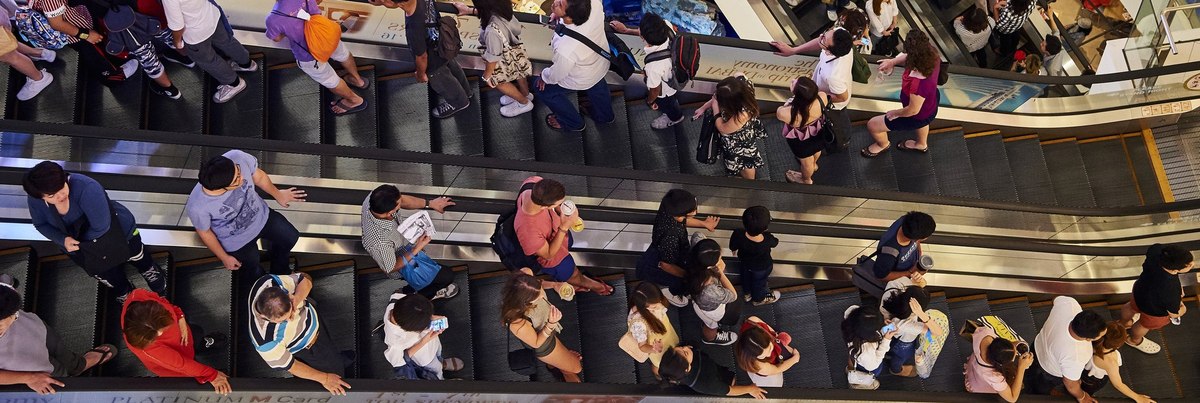Nearly one in five Americans in 2018 and 2017 told the Economist/YouGov Poll that they planned to shop the day after Thanksgiving -- Black Friday. Some (10% in 2017 and 7% in 2018) said they even would be shopping on Thanksgiving Day itself. Of course, that was before the coronavirus pandemic. In the latest Economist/YouGov Poll, just 11% say this year they will be out shopping on Black Friday.
Black Friday shopping was always more popular with the young, and that is still true. One in four of those under the age of 30 claim they will shop on Black Friday this year. Those 65 and older are the least likely to shop that day (6%). But this year, there has been a major drop in shopping intention with those between the ages of 45 and 64.
In addition, in every age group, there is less uncertainty. More are convinced that they won’t be in the stores the day after Thanksgiving.
Many potential non-shoppers this year may be making their decision because of are worried about a COVID-19 outbreak resulting from the shopping day. They are nine points more likely to be “very worried” about shopping leading to an outbreak than are those who say they will shop.
However, a majority of shoppers are at least somewhat worried that shopping will produce a COVID-19 outbreak.
The political component of the response to the pandemic (with Republicans far less worried than Democrats about contracting the virus) extends to the question of shopping. While those on opposite sides of the political aisle have all become less likely to go shopping this year than before, more than six in ten Republicans have little or no worry about a shopping-induced outbreak, while more than eight in ten Democrats and a majority of Independents are worried.
Related: How COVID-19 is impacting Thanksgiving festivities
See the toplines and crosstabs from this week’s Economist/YouGov Poll
Methodology: The Economist survey was conducted by YouGov using a nationally representative sample of 1,500 registered voters interviewed online between November 21 - 24, 2020. This sample was weighted according to gender, age, race, and education based on the American Community Survey, conducted by the US Bureau of the Census, as well as 2016 Presidential vote, registration status, geographic region, and news interest. Respondents were selected from YouGov’s opt-in panel to be representative of all US citizens. The margin of error is approximately 3.2% for the overall sample.
Image: Getty








